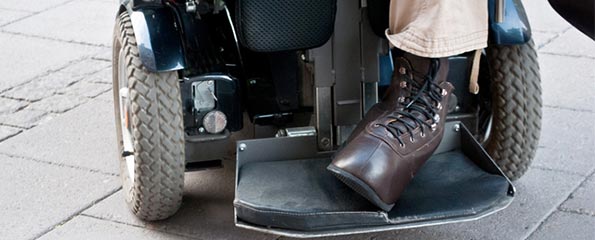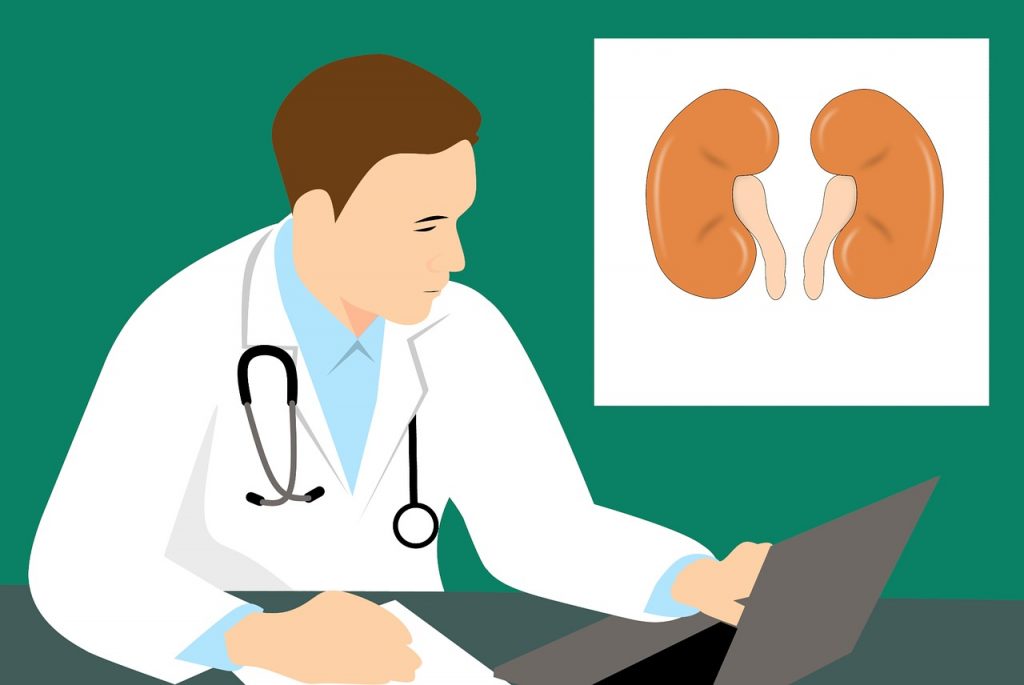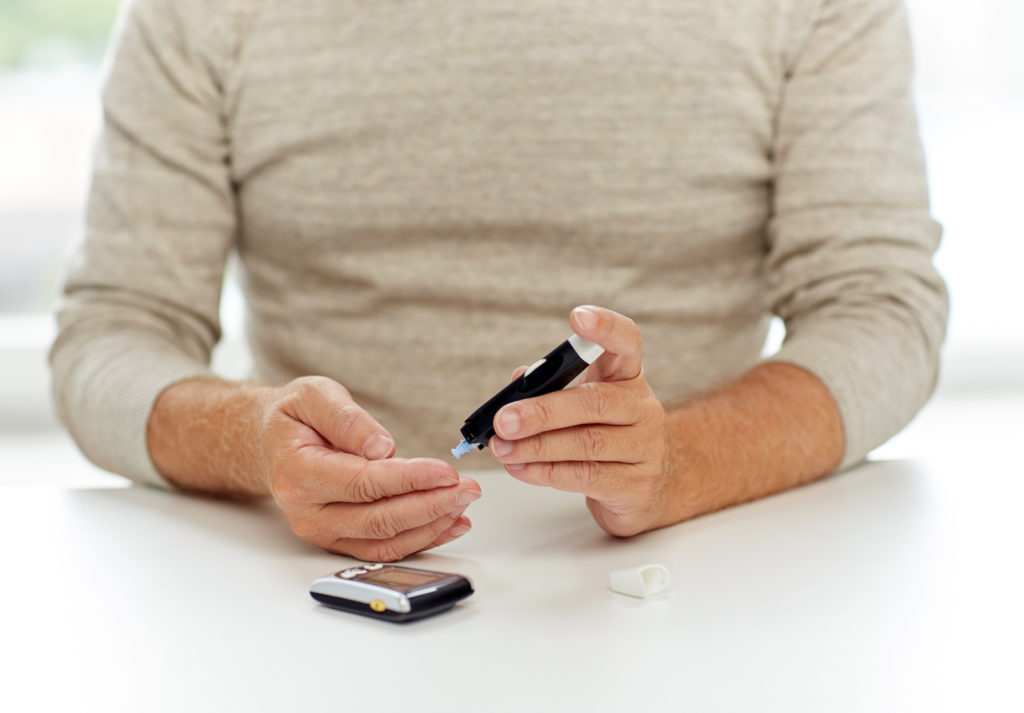This study will compare kidney function in kidney transplant patients following treatment with various combinations of Zenapax, CellCept, corticosteroids, and Neoral (Cyclosporine). The anticipated time on study treatment is 6-12 months, and the target sample size is 500+ individuals.
Official Title
A Randomized, Open-Label Study Comparing the Effects of Low-Dose Cyclosporine vs Cyclosporine Withdrawal on Renal Function in Kidney Transplant Patients Treated With CellCept and Daclizumab
Conditions
Kidney Transplantation
Study Type
Interventional
Study Design
Treatment, Randomized, Open Label, Active Control, Parallel Assignment, Safety/Efficacy Study
Further Details
Primary Outcome Measures:
- Renal function , as measured by glomerular filtration rate
Secondary Outcome Measures:
- Efficacy: Patient and graft survival at 12 months, proportion of patients with biopsy-proven rejection, treatment failure 6 months and 12 months posttransplant Safety: AEs, opportunistic events, malignancies, deaths
Study Start
Eligibility & Criteria
- Ages Eligible for Study: 18 Years and above
- Genders Eligible for Study: Both
Inclusion Criteria:
- adult patients greater than 18 years of age
- recipients of primary kidney transplant
- single-organ recipients (kidney only)
Exclusion Criteria:
- previous treatment with Zenapax
- history of malignancy (except localized skin cancer)
Total Enrolment
Contact Details
Australian Locations:
- ADELAIDE, 5011, Australia
- SYDNEY, 2050, Australia
For more more information, refer to Hoffmann-La Roche Clinical Trial Registry
All content and media on the HealthEngine Blog is created and published online for informational purposes only. It is not intended to be a substitute for professional medical advice and should not be relied on as health or personal advice. Always seek the guidance of your doctor or other qualified health professional with any questions you may have regarding your health or a medical condition. Never disregard the advice of a medical professional, or delay in seeking it because of something you have read on this Website. If you think you may have a medical emergency, call your doctor, go to the nearest hospital emergency department, or call the emergency services immediately.







